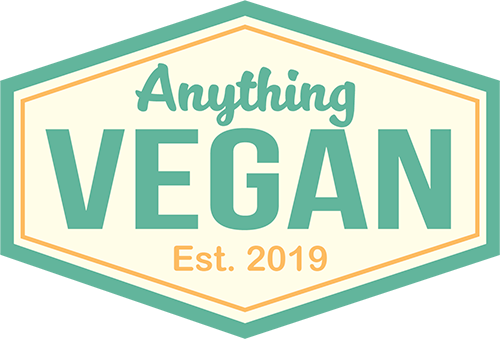How do you choose healthy dog food?

When it comes to our furry friends, providing them with the best nutrition is a top priority. Just like humans, dogs require a balanced diet to maintain their health and vitality. In this comprehensive guide, we will explore how to choose the best and healthiest dog food, including specialty options and affordable choices. So, let's dive in and ensure your canine companion gets the nutrition they deserve.
Before selecting the best dog food, it's essential to understand your dog's unique nutritional requirements. These needs can vary based on factors such as age, breed, size, and activity level. Puppies, for example, require more protein and calories to support their growth, while senior dogs may benefit from a diet with joint-supporting nutrients.
Best Dog Food for All-Around Health
The best dog food is one that provides a balanced and complete diet. Look for options that have a good balance of protein, carbohydrates, and healthy fats. High-quality protein sources such as soy, chickpeas, or quinoa are essential for muscle development and overall health. Avoid foods with excessive fillers and artificial additives.
Specialty Dog Food for Specific Needs
In some cases, your dog may have special dietary needs. This could include allergies, sensitivities, or specific health conditions. Specialty dog food is designed to address these concerns. For example, hypoallergenic dog food is formulated to reduce allergic reactions, while joint support formulas can help aging dogs maintain their mobility.
Healthy Food to Feed Dogs on a Budget
Providing your dog with healthy food doesn't have to break the bank. There are several ways to find cheap and healthy dog food options. Consider the following:
- Buy in Bulk: Purchasing dog food in larger quantities often leads to significant savings.
- Store Brands: Some store brands offer affordable yet nutritious options.
- Homemade Dog Food: Preparing your dog's meals at home using wholesome ingredients can be a cost-effective way to provide a healthy diet.
- Coupons and Sales: Keep an eye out for discounts and coupons from pet food manufacturers and stores.
- Subscribe and Save: Many online retailers offer subscription services that provide regular deliveries of dog food at a discounted price.
Reading Dog Food Labels
Understanding how to read dog food labels is crucial in selecting the best options. Look for the following:
- Protein Source: The first ingredient should be a high-quality protein source.
- Avoid Fillers: Check for fillers like corn, wheat, and soy. These can be harder for dogs to digest.
- No Artificial Additives: Avoid foods with artificial colors, flavors, and preservatives.
AAFCO Statement: Ensure the food meets the nutritional standards set by the Association of American Feed Control Officials (AAFCO).
Consider Wet vs. Dry Dog Food
Both wet and dry dog food have their advantages. Wet food often contains more moisture, which can be beneficial for hydration, especially if your dog doesn't drink enough water. Dry food, on the other hand, can help maintain dental health. You can also combine both types for a balanced diet.
Pay Attention to Allergies and Sensitivities
If your dog has allergies or sensitivities, it's crucial to identify the allergen and choose a dog food that excludes it. Common allergens include chicken, beef, dairy, and grains. Opt for hypoallergenic dog food to minimize allergic reactions.
Consult Your Veterinarian
Before making any significant changes to your dog's diet, consult your veterinarian. They can provide personalized recommendations based on your dog's specific needs and health status. This is especially important if your dog has a chronic health condition or specific dietary requirements.
Transitioning to a New Food
When switching to a new dog food, do it gradually. Mix the old and new food together over a week or more, gradually increasing the proportion of the new food. This helps prevent digestive upset.
Beware of Marketing Gimmicks
The term best dog food is often used liberally in marketing. Always do your research and look beyond the marketing claims. The best food for your dog may not necessarily be the most expensive or well-advertised.
Homemade Dog Food
If you have the time and resources, making homemade dog food can be an excellent way to ensure your dog's diet is healthy and tailored to their needs. Just be sure to consult your vet or a veterinary nutritionist for guidance on creating a balanced diet.
Choosing the best and healthiest dog food is a fundamental part of responsible pet ownership. Remember that your dog's nutritional needs can change over time, so it's essential to stay informed and adapt to their diet accordingly. Whether you opt for a well-balanced commercial dog food, a specialty formula, or homemade meals, the key is to prioritize your dog's well-being and provide them with the nutrition they need to thrive.

